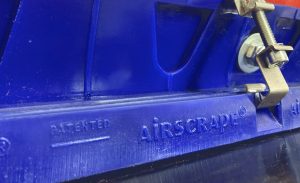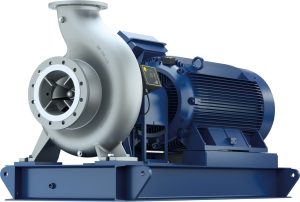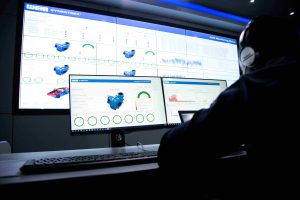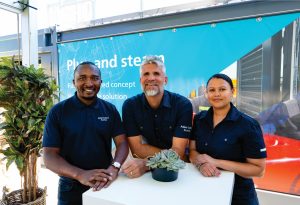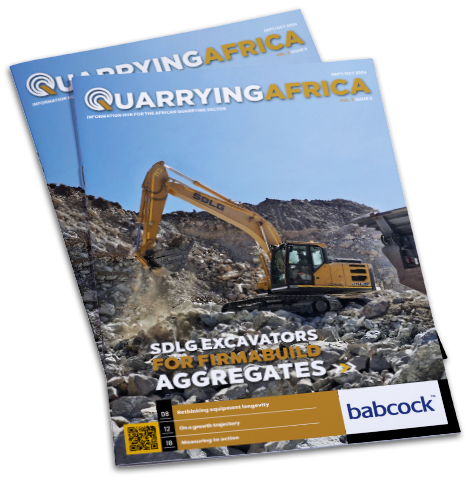As the sustainability drive gathers pace, several OEMs are sharpening their focus on making hydrogen commercially viable. Will hydrogen help end the industry’s dependence on diesel and aid the transition to a net-zero world?
Despite all the enthusiasm around electromobility, hydrogen is projected to play a key role in the future of energy and experts believe that its development will happen faster than many might expect. Prof Marcus Geimer, head of the Mobile Machinery section of the Karlsruhe Institute of Technology, is of the view that if emissions from construction and mining equipment fleets as a whole are to be further reduced, other technologies, apart from batteries, must also be advanced.
“In addition to other hybrid solutions, there is currently a great deal of research being done on hydrogen vehicles with fuel cells, for example. One of the problems to be solved is the tank space, since hydrogen requires a significantly larger volume than diesel for the same energy content. Furthermore, we should keep in mind the possible use of CO2-neutral biogenic fuels – especially for the very large machines and vehicles,” he says.
That hydrogen is today enjoying unprecedented momentum is no overstatement. Both mines and original equipment manufacturers are pressing ahead to make hydrogen an important part of a clean and secure energy future. For example, Anglo American made history last year with the introduction of its world’s largest hydrogen-battery hybrid mine haul truck which was deployed to work at its Mogalakwena mine in South Africa.
Several OEMs have also introduced prototypes powered by hydrogen, which is a key indicator that the industry is not far away from commercial rollout. In fact, the road to hydrogen was one of the central themes at the recently ended Bauma 2022.
Earlier this year, Volvo Construction Equipment (Volvo CE) announced that following the completion of a multi-stakeholder research project aimed at breaking new ground in hydrogen technology, the company had initiated the testing of what is said to be the world’s first fuel cell-articulated hauler prototype, the Volvo HX04.
The results of the project will provide important insights into the possibilities provided by hydrogen and fuel cells as Volvo CE continues research for its future product development programmes.
As part of its decarbonisation drive, Liebherr is one of the pacesetters in the drive towards hydrogen. At Bauma 2022, the Liebherr components division introduced two prototypes of its hydrogen engine technology, the H964 and H966. Each prototype employs different hydrogen injection technologies, a direct injection (DI) and a port fuel injection (PFI).
Initial efforts in the development of a hydrogen engine have considered PFI as a first suitable technology. The first machine running with a 100% hydrogen-fuelled internal combustion engine is the Liebherr R 9XX H2 crawler excavator. In it, the zero-emission 6-cylinder engine H966 fulfils the specific requirements in terms of power and dynamics. On display at Bauma, the 50-t Liebherr R 9XX H2 hydrogen excavator received the 2022 Bauma Innovation Award in the climate protection category.
Refer to the September-October issue of Quarrying Africa for more on this story.


